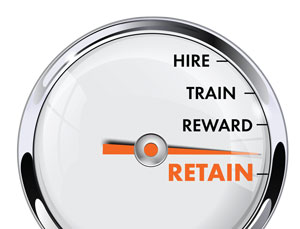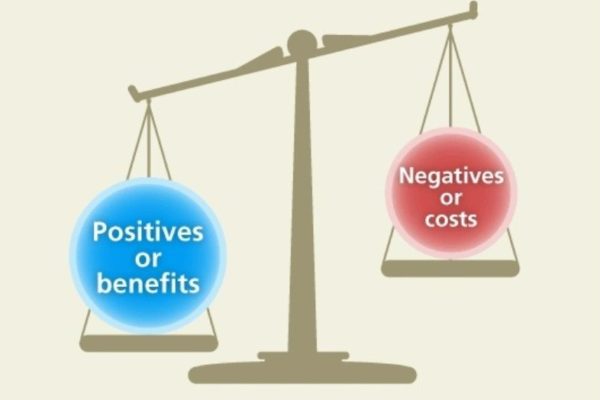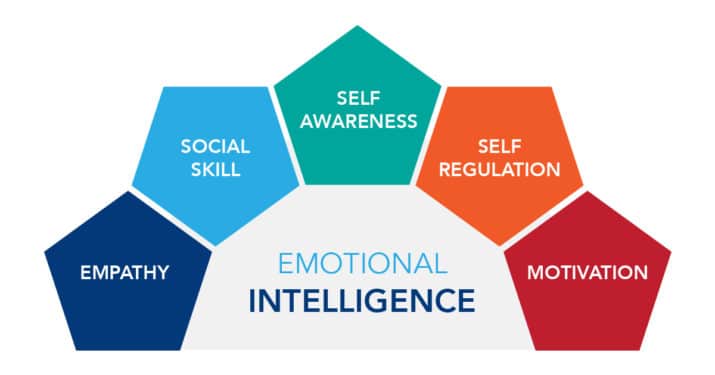Have you ever had a gut feeling guide your decision and it turned out to be the best one you’ve ever made? Trusting your gut is a phrase we hear but rarely give much thought.
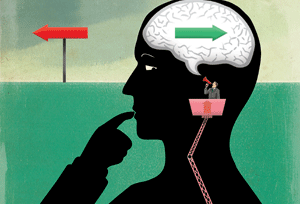

There is a link between gut feeling and effective decision-making, but what exactly is this link?
This article will help you understand your gut feeling while making more effective decisions.
Emotion and Decision Making
We hear this often –leave our emotions out of the workplace.
Unfortunately, whether you realize it or not, your emotions influence every thought you have.
The process of decision-making is no exception.
Dr. Stein cites two ways emotions influence decision-making: incidentally and directly.
Incidental emotions relate to the feelings you experience unrelated to the decision you are thinking of making.
An example is feeling guilty for not visiting your parents more often when you’re about to decide which candidate to select as your VP.
This unrelated feeling of guilt will affect your decision on which candidate to select for VP, affecting the rest of your business.
Direct emotions involve the feelings surrounding the decision you made. You may feel a wave of uneasiness right after selecting the candidate for the VP role.
Since incidental emotions are primarily unconscious, they appear to influence our decision-making process significantly.
The Power of Incidental Emotions
Most emotions trigger the fight or flight response. Those who are unaware allow their fight or flight to impair reasoning during decision-making.
The emotionally intelligent know when their fight or flight is active, learn from the cues and work to de-activate it. This is how to achieve results using your emotions.
For instance, a study observed the success of stock traders by measuring their physiological responses during trading.
This study found that traders who accurately counted their heartbeats significantly predicted profit and loss records compared to non-traders.
Traders learned how to assess their gut feeling –the subtle physiological changes happening within their bodies and the cues that helped them select a trade that just “felt right.”
If you suppress your emotions, you will never develop the bodily awareness to realize when your fight or flight is active and assess their messages.
Instead, you will operate on autopilot and allow your emotions to influence your thinking and behavior.
Our Three Decision-Making Domains


Three domains are active during the process of decision-making, the head (rationale/logic), heart (emotions), and gut (intuition). While some use all three domains, others use a unique combination.
We know how logic and emotions affect decision-making (if not, check out my article!), but what role does our gut feeling play?
Bodily awareness is crucial – our gut feeling senses fear learning and decision-making.
A study found that rats could not respond to threats with normal anxiety decision behaviors when severing the connection between the head and gut.
Additionally, the head, heart, and gut feelings are essential within leadership.
In complex environments, leaders who use all three domains result in more effective decision-making.
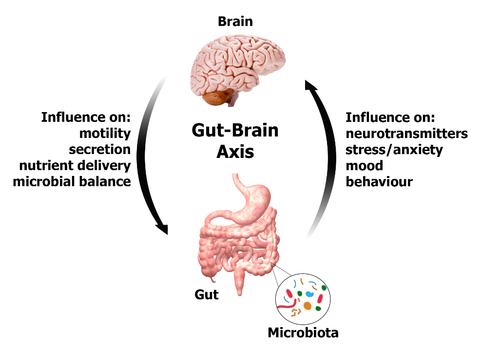

Our gut signals this natural fear response to our heads. This finding highlights the role our gut feeling plays in regulating emotional behavior.
In other words, our gut informs us of cues we don’t sense when overly emotional or logical.
If our three domains send us valuable messages, how can we learn to read those messages?
The answer lies in developing awareness of your emotions and bodily (gut feeling) responses.
How to Develop Gut Feeling Awareness?
Our emotions (heart) and intuition (gut) send valuable messages we can use during decision-making.
To become better at looking for and using their cues, we must become self-aware.
The first step is to know how our bodies respond when fight or flight is activated.
For example, I know my fight or flight is activated when my heart rate increases, I feel pressure on my chest, my hands start trembling, and my face becomes flushed.
Once you know that your fight or flight is activated, you must learn to distance yourself from your bodily reactions.
A helpful suggestion is to ask yourself questions like, “what is causing this fight or flight response?” or “what is this fight or flight response trying to tell me?”
Allowing yourself to experience the emotions and learning what circumstances trigger the fight or flight mechanism is crucial in learning more about yourself.
Your fight or flight is informing you of a potential threat.
Learning more about the answers to the questions you ask yourself during the fight or flight response can give you valuable insight before coming to a decision.
Conclusion
It isn’t wise to suppress your emotions at work. Emotions influence decision-making in two ways: incidentally and directly.
Incidentally are often unconscious and have the most significant influence on our decision-making,
The emotionally intelligent learn to use their fight or flight reaction for cues to use during decision-making. If you suppress your emotions, you will never gain the valuable insight it’s trying to share.
To be effective, we must learn to use our head, heart, and gut feeling in the workplace.
If you would like to learn more, please visit my website. I post new articles every Tuesday and Thursday and update my podcast every Monday, Wednesday, and Friday.
If you enjoy my content, please subscribe to either my blog or podcast.
Bianca Cardenas, M.S., Ph.D., is a Fellow in Executive Assessment and Consulting with Leadership Worth Following. Dr. Bianca Cardenas empowers leaders to transcend competition by helping them unlock their people's potential.








